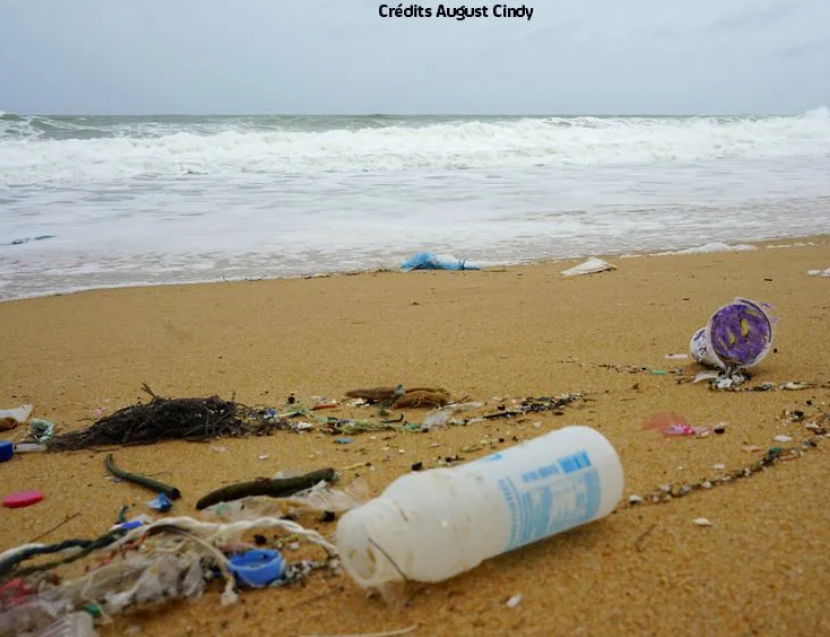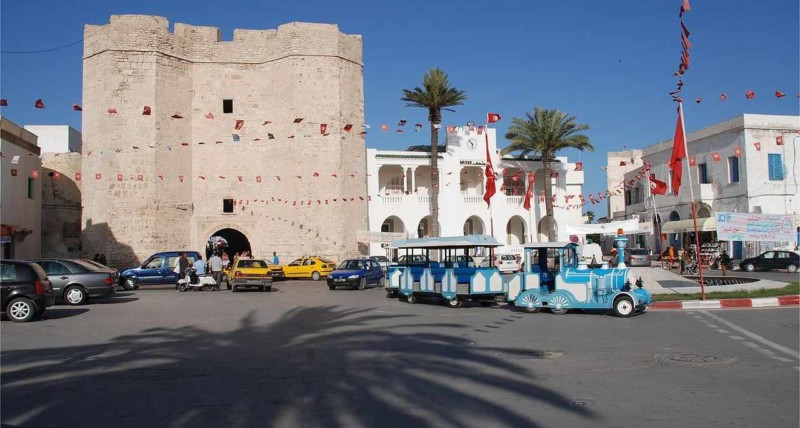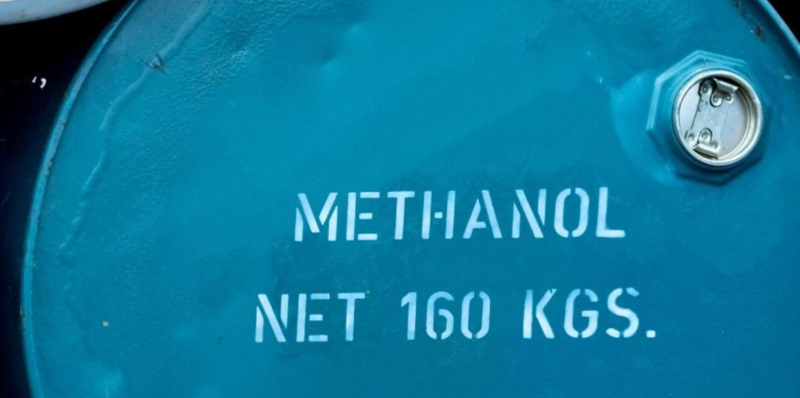Given that pollution concerns the entire planet, with humans being the primary vectors, I appreciated the various television spots of the « On ne lâche rien! » (« We don’t give up! ») campaign by CITEO, which specializes in recycling household packaging and waste valorization to reduce environmental impact. Three clips are included in this article.
Sources of Waste:
- Households: food packaging, cigarette butts, plastic bags, etc.
- Industries: industrial waste, lost fishing gear, etc.
- Maritime Transport: waste like hydrocarbons, wastewater, plastics, etc.
- Tourist Activities: plastic waste, aluminum, cigarette butts, and other litter generated by tourists on beaches, in the countryside, and natural sites.
Most of these wastes reach the oceans via watercourses, streams, rivers, and ultimately rivers, or they get deposited on the shores. Wind also contributes by blowing light waste, such as plastic bags, and rainwater moves waste from streets and sidewalks into sewers, which then flow into the nearest watercourse before ending up in the sea.
Impact of Marine Pollution: The impact on the marine environment is devastating. Waste, especially plastic, directly affects ecosystems.
- Kills Marine Animals: animals suffocate or get entangled in plastic waste.
- Pollutes the Marine Environment: releases toxic chemicals into the marine environment, harming animals and humans.
- Contaminates the Food Chain: microplastics and their tiny fragments, nano, macro, or micro, are ingested by marine animals.
- Damages Marine Habitats: such as coastlines, coral reefs, mangroves. Waste also gets trapped in ice.
« Winston Churchill: It is better to take change by the hand before it takes you by the throat! »
Solutions to Combat Land-Based Waste: Many solutions exist to combat land-based waste and marine pollution as the ultimate destination:
- Reduce single-use plastic consumption by choosing reusable products and refusing plastic bags.
- Recycle and compost to lower the amount of waste sent to landfills and the ocean.
- Proper waste management by using appropriate bins and not littering.
- Support beach and ocean cleanup initiatives worldwide, or if time is limited, donate to an organization working to combat marine pollution.
- Raise awareness about littering and marine pollution so people can take action to address it.
Significant progress has been made worldwide with corrective actions and innovative solutions to combat marine pollution. However, in the face of incivility and irresponsibility, lowering our guard would be premature; mindful actions remain essential for maintaining the balance of our planet and species. As Philippe Saint Marc, pioneer of ecology and author of « Socialization of Nature » and the « Charter of Nature » in 1972, said, isn’t man the guardian of nature?




